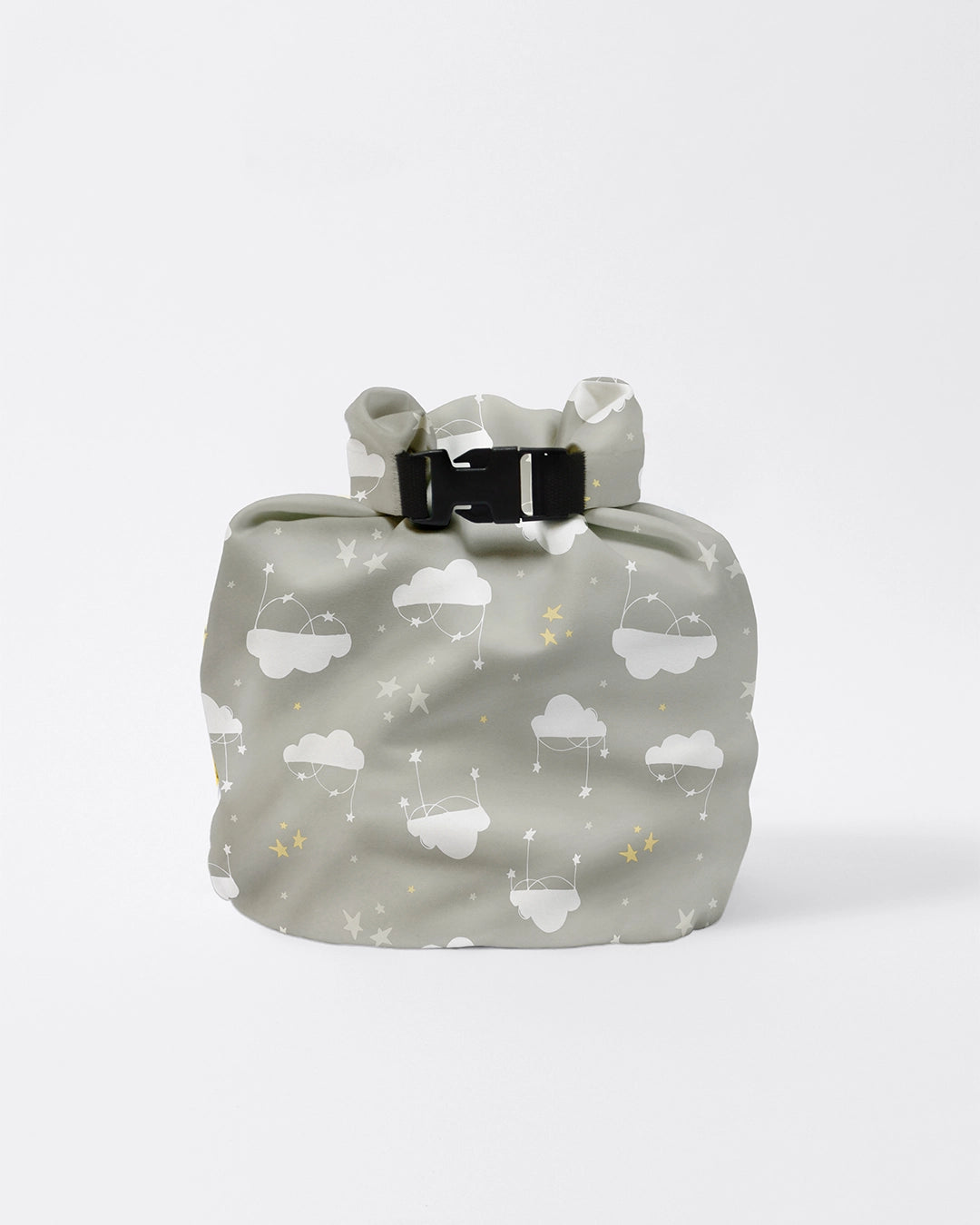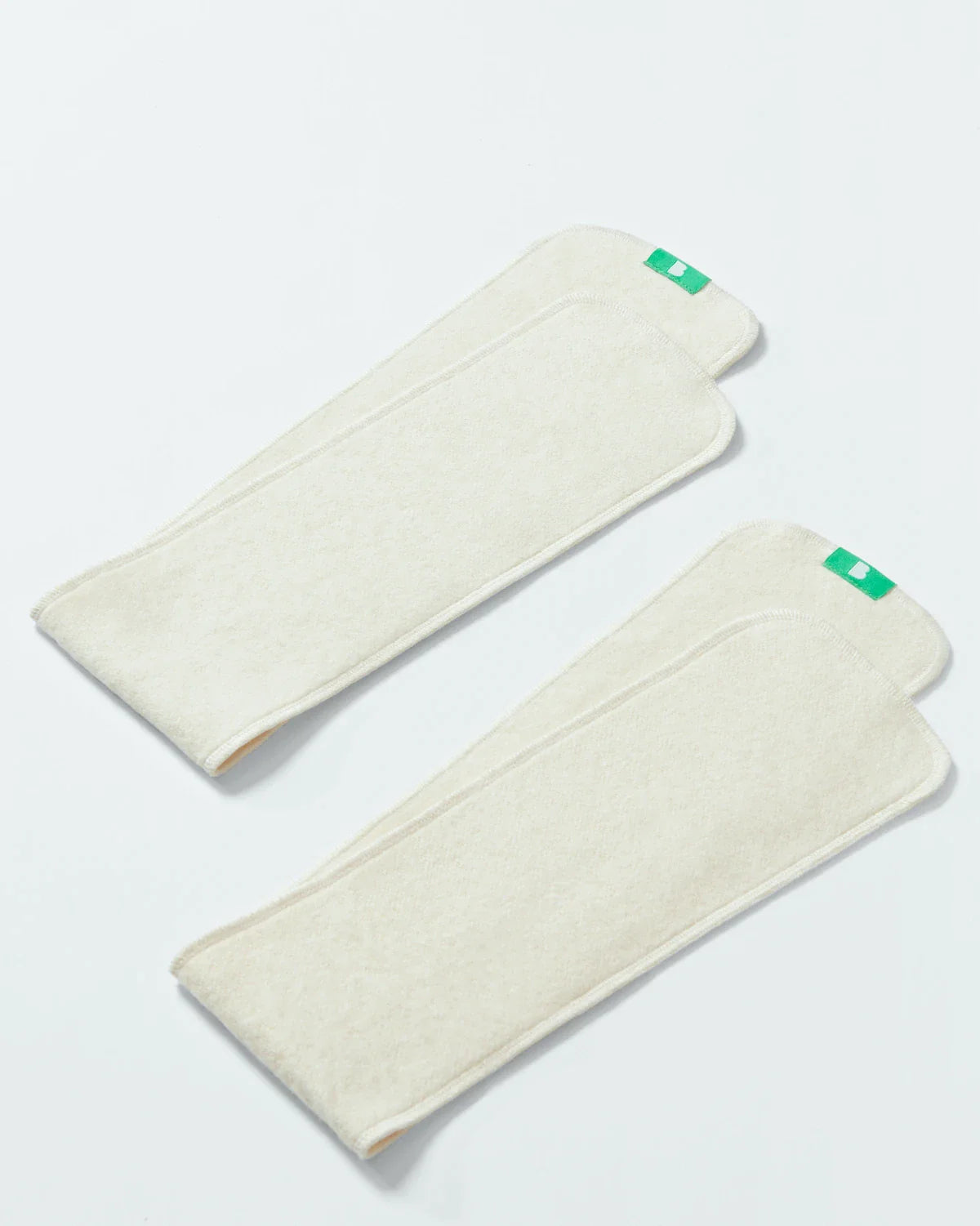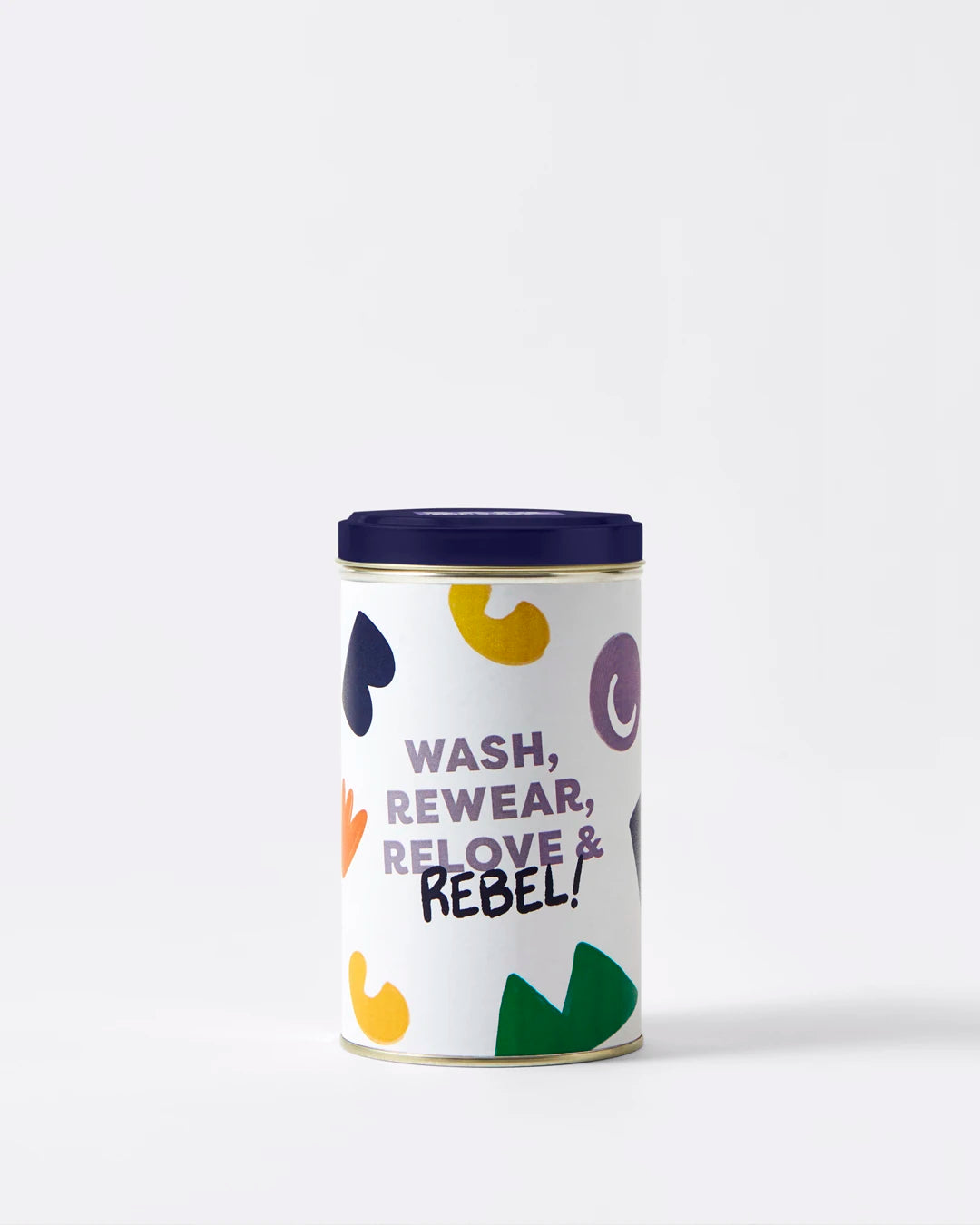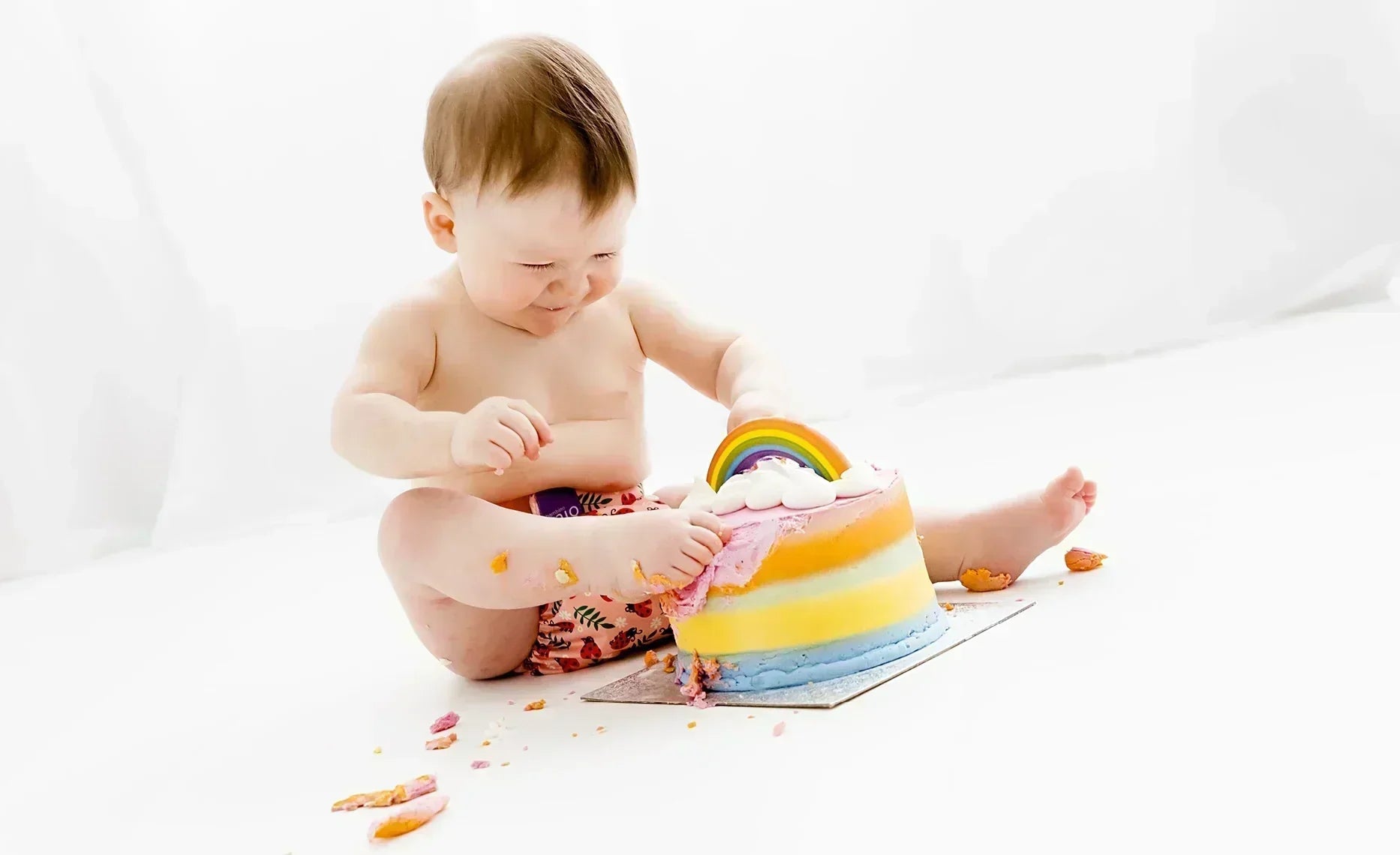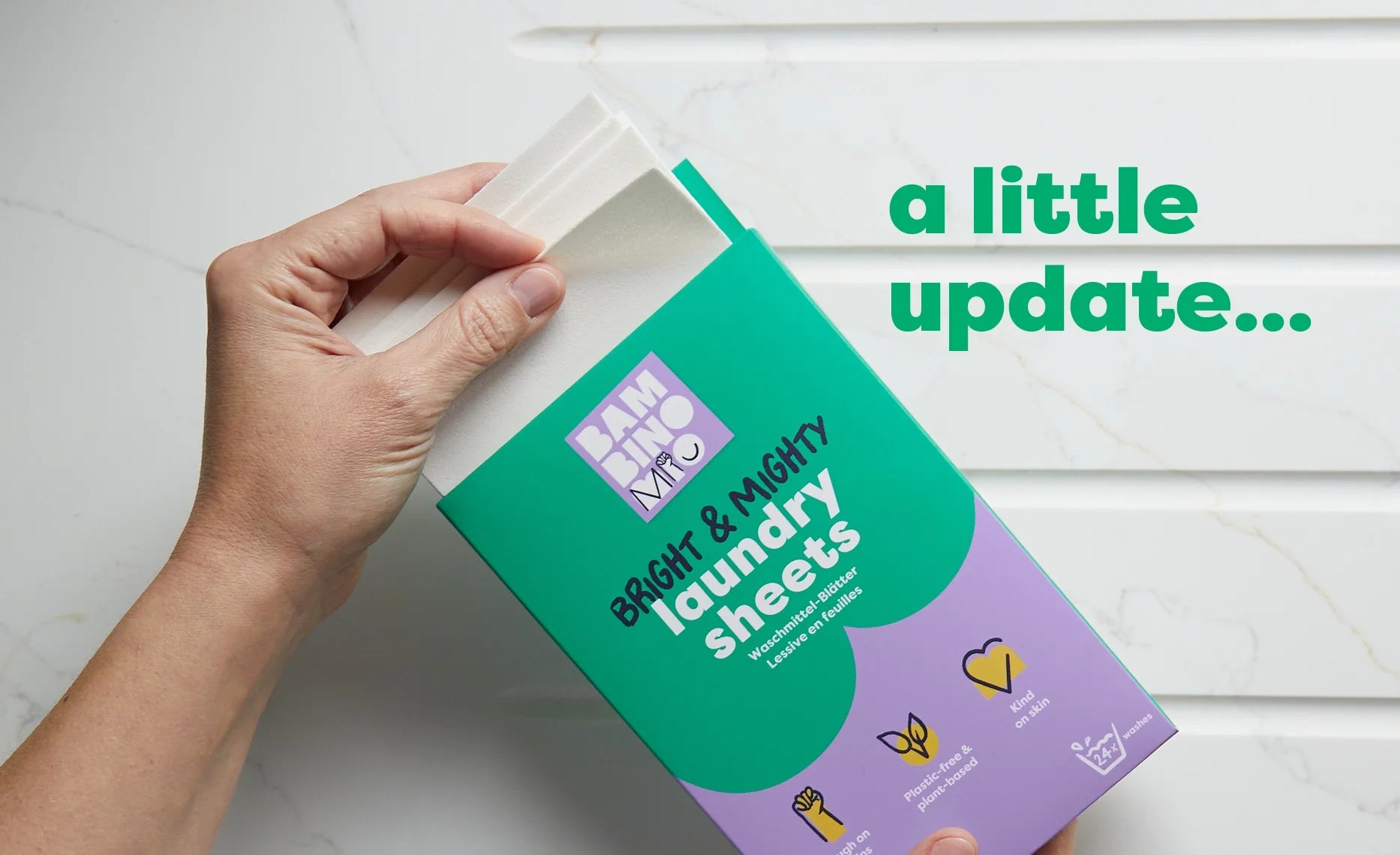When Should You Start Brushing Baby Teeth?
Share Options
- Bambino Mio
- 12 / 09 / 2023
Inside this Article:
When your baby’s first teeth emerge you might be amazed by how white and shiny they are and it’s important to keep them as healthy as possible and cultivate good dental habits.
When should I start brushing my baby’s teeth?
You should start brushing baby’s teeth as soon as the first one comes through, using a baby toothbrush and a small smear of fluoride toothpaste (1).
If you’re wondering how to brush a baby’s teeth when they’re very young, don’t over think it. Your baby’s bottom incisors will probably be the first ones to come through so they’re easy to access and at this age, it’s more about making teeth cleaning part of their routine.
Tips for brushing baby teeth
- Use a tiny blob or smear of toothpaste for babies and toddlers under the age of three and then a pea-sized amount for children aged three to six
- Start brushing your baby’s teeth very gently and for a few seconds, gradually increasing the time and thoroughness of each cleaning session
- You should brush baby’s teeth twice a day - before bedtime and then after breakfast or lunch, whichever is easier
- Brushing baby teeth can be fun, so turn it into a game by singing a particular song or doing a countdown to create good associations
- An easy way to brush your baby’s teeth is to sit your child on your knee, facing you so you can talk to them
- Once your child is a bit older, they can stand up while you stand behind them and tilt their head back
- If you’re wondering how to brush baby teeth effectively, you should brush them with small circles, making sure you cover all of the surfaces
- While you should encourage your child to spit out the toothpaste, make sure they don’t rinse with water as this washes away the fluoride
- You should carry on helping and supervising tooth brushing until your child is about seven or so to make sure they’re able to clean their own teeth effectively
Taking your child to the dentist
You can take your baby with you when you go for dental checkups so they get used to the process. Your dentist will probably let you know when it’s time for your baby’s first dental appointment.
While NHS dental treatment is free for children, not all dentists will accept new patients, so if your regular dentist isn’t able to see your child, you can find another local dentist here.
Tooth decay and sugar
We know that sugar is the leading cause of tooth decay (2). It’s not just the amount of sugar in food or drink that’s the problem but the duration and frequency with which your child’s teeth are in contact with sugar.
Sweet drinks and lollipops are particularly risky as they cover the teeth in sugar for long periods and fruit juices can erode the enamel layer on your child’s teeth. Milk and whole fruits are much less likely to cause tooth decay, so offer milk and water and save fruit juice for special occasions like parties.
Citations and References
- National Health Service (NHS). ‘Health A to Z. Fluoride.’ 2022. Web. www.nhs.uk/conditions/fluoride
- Healthline. ‘How Sugar Causes Cavities and Destroys Your Teeth.’ 2017. Web. www.healthline.com/nutrition/how-sugar-destroys-teeth






















